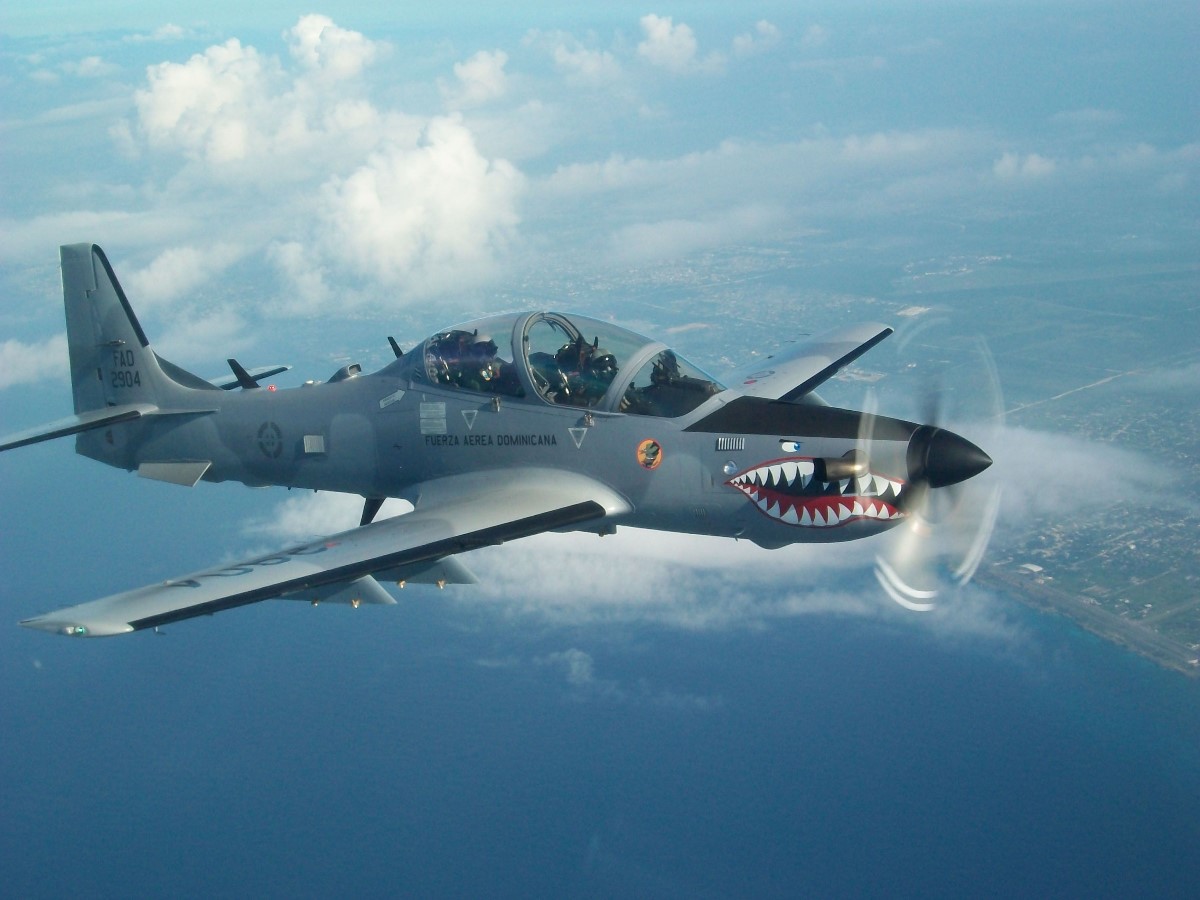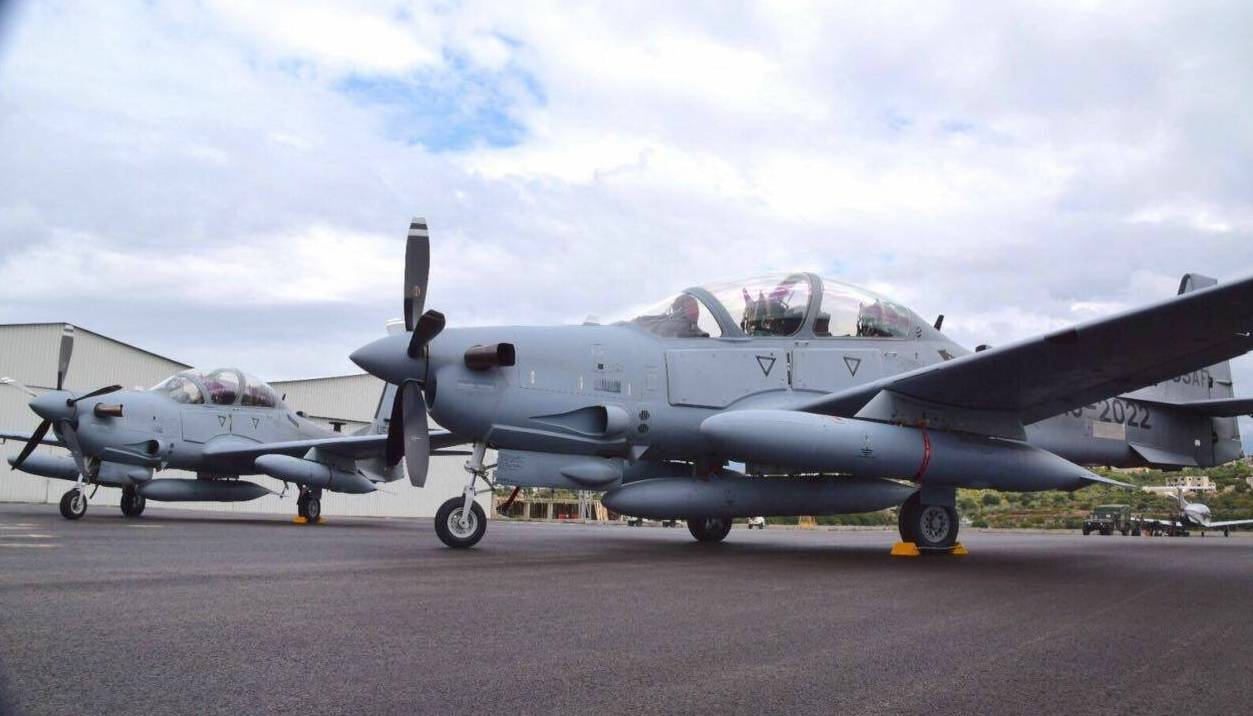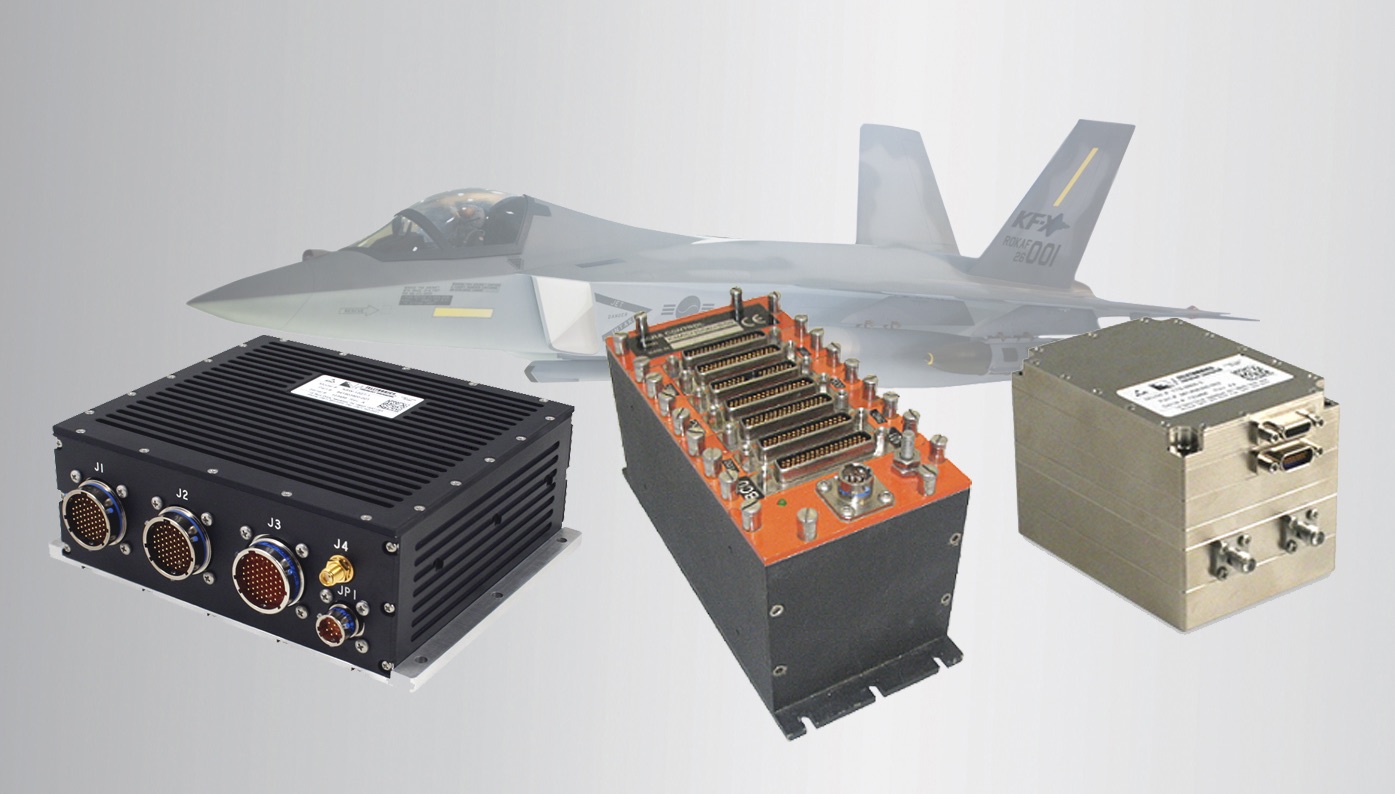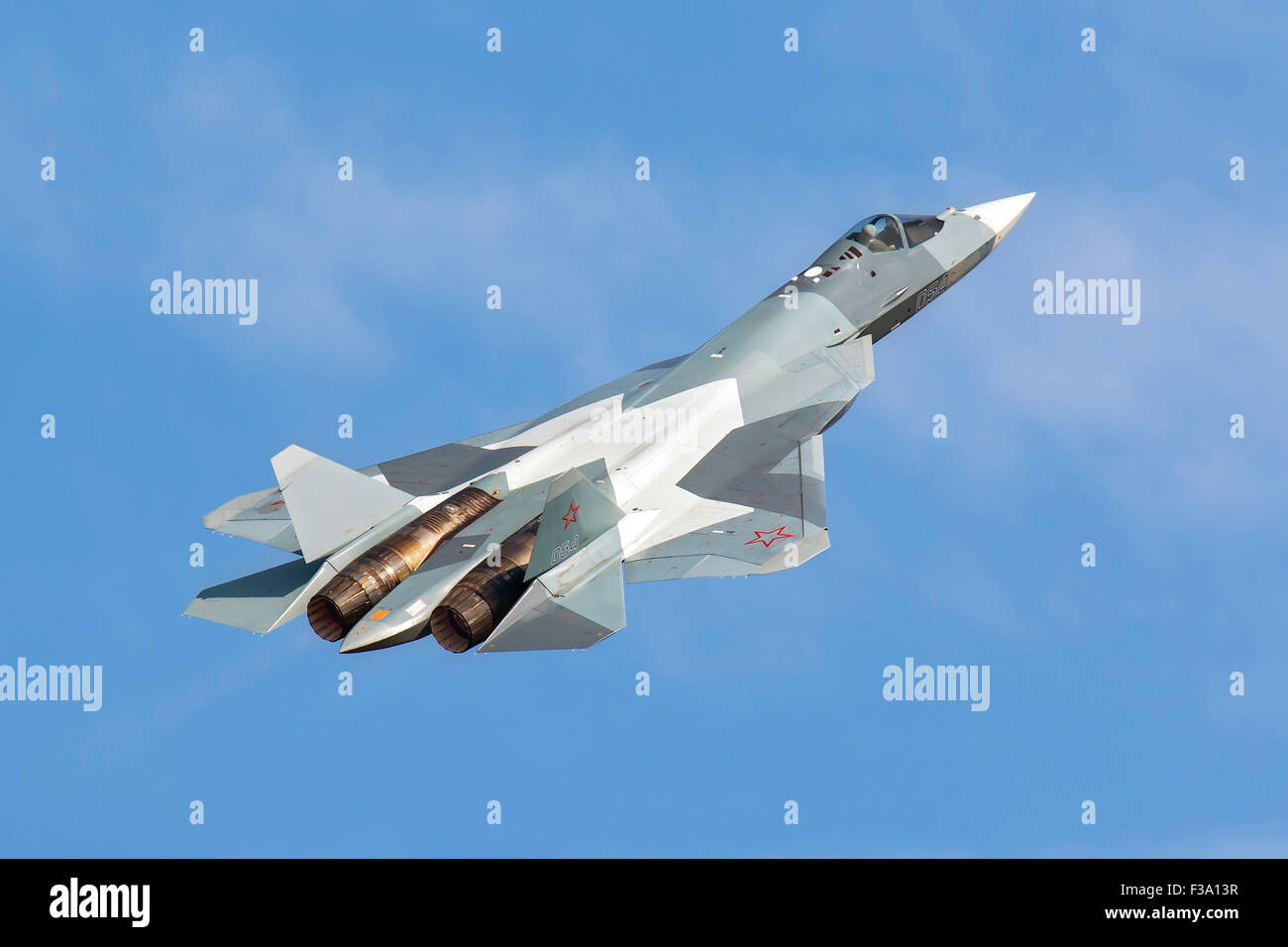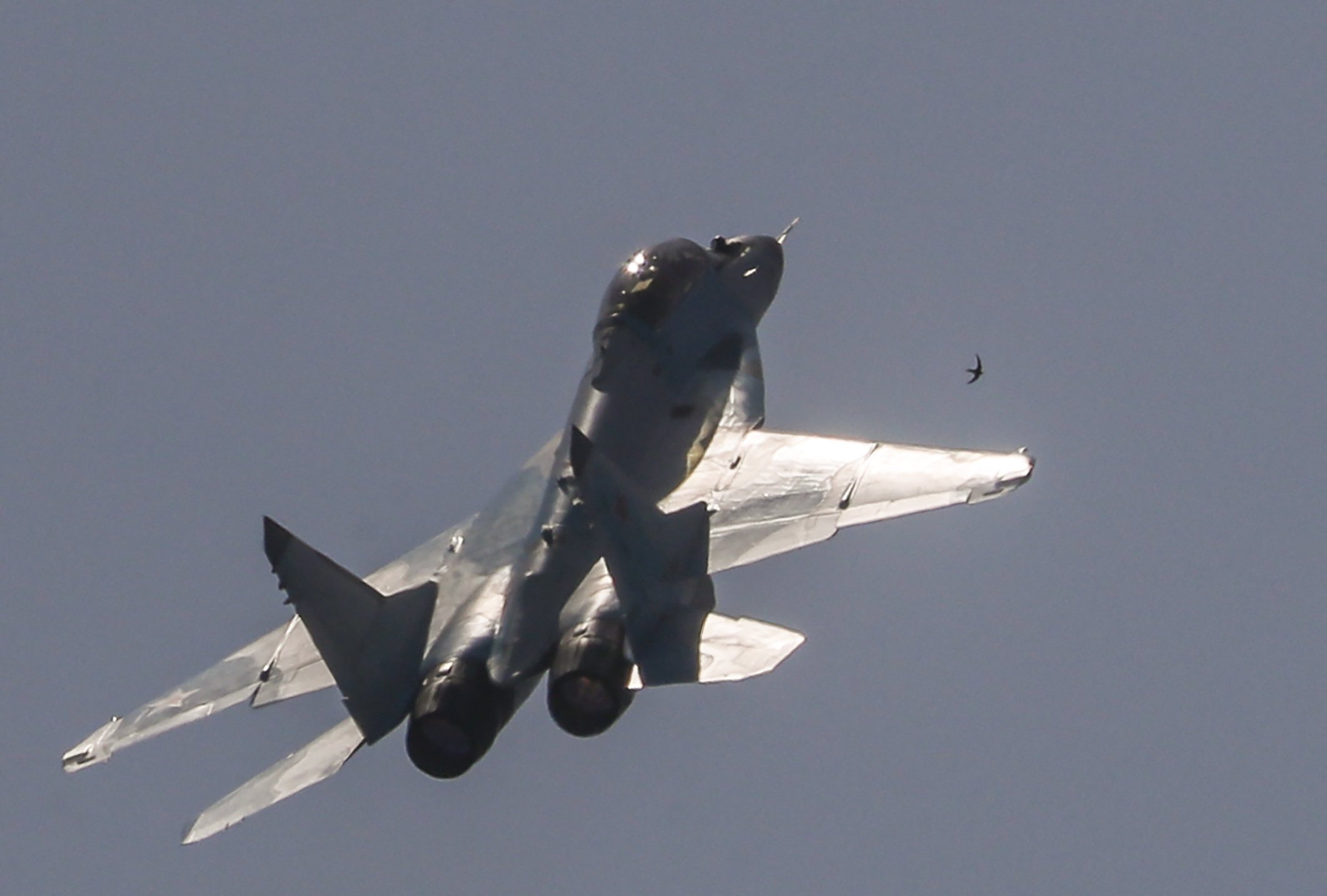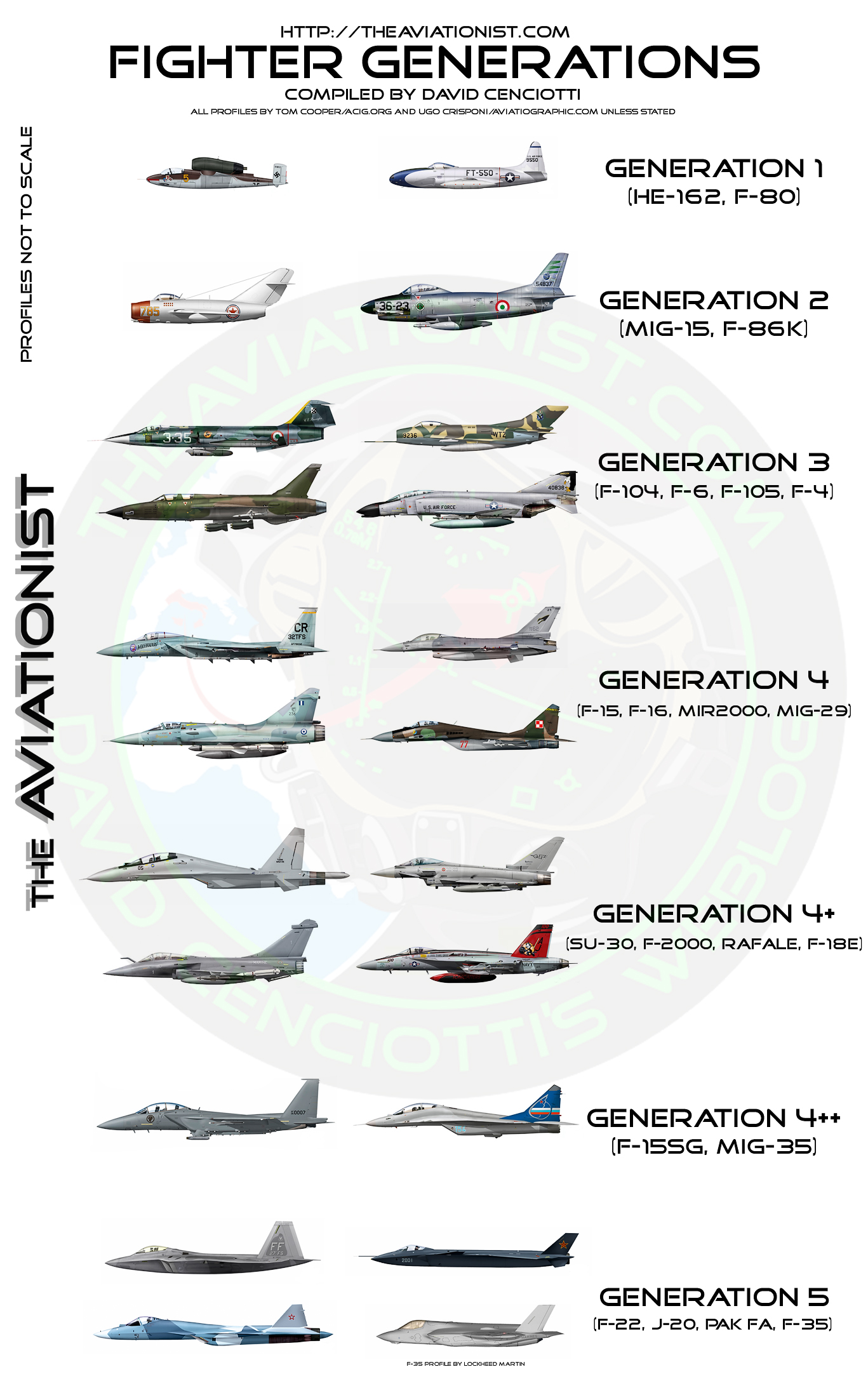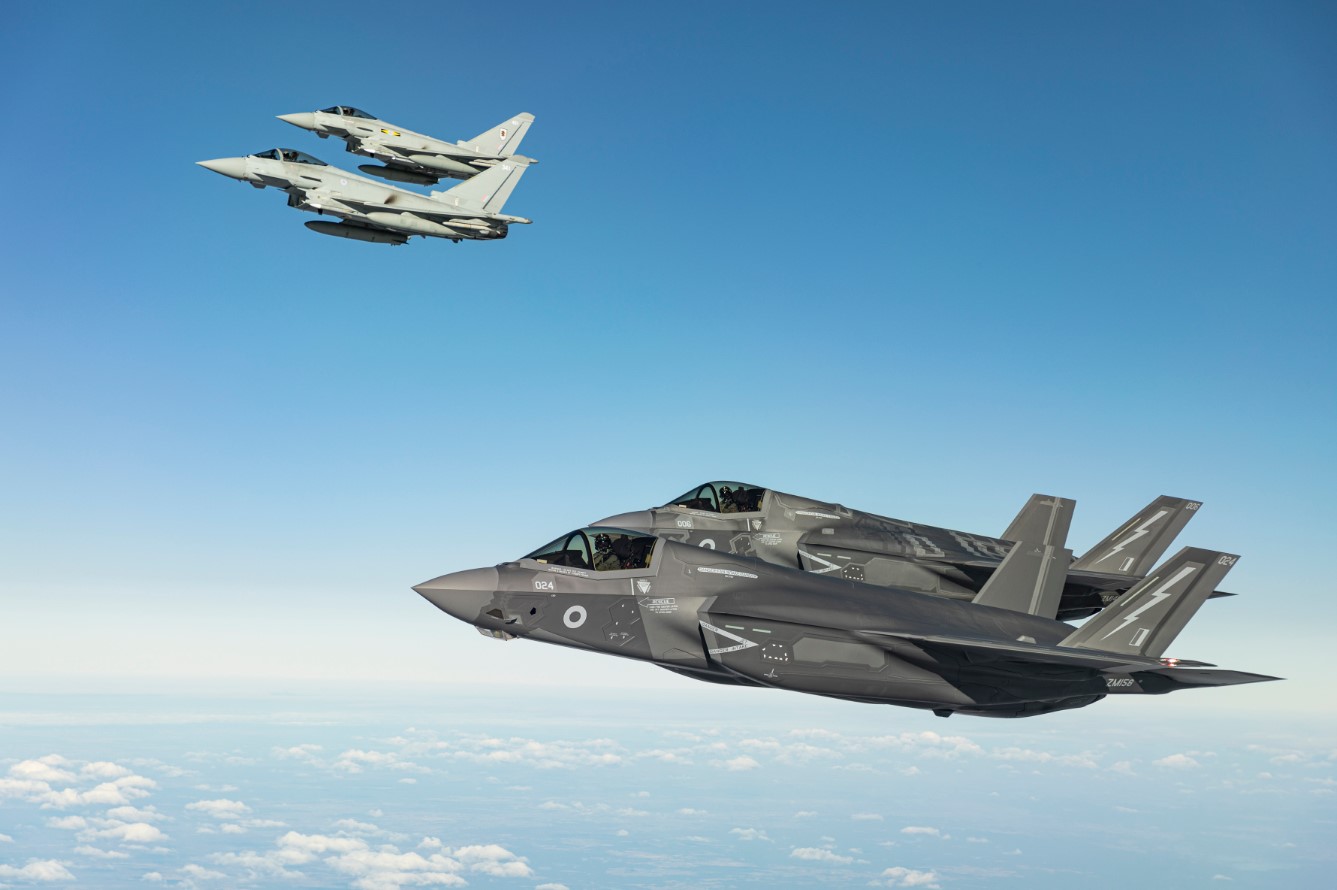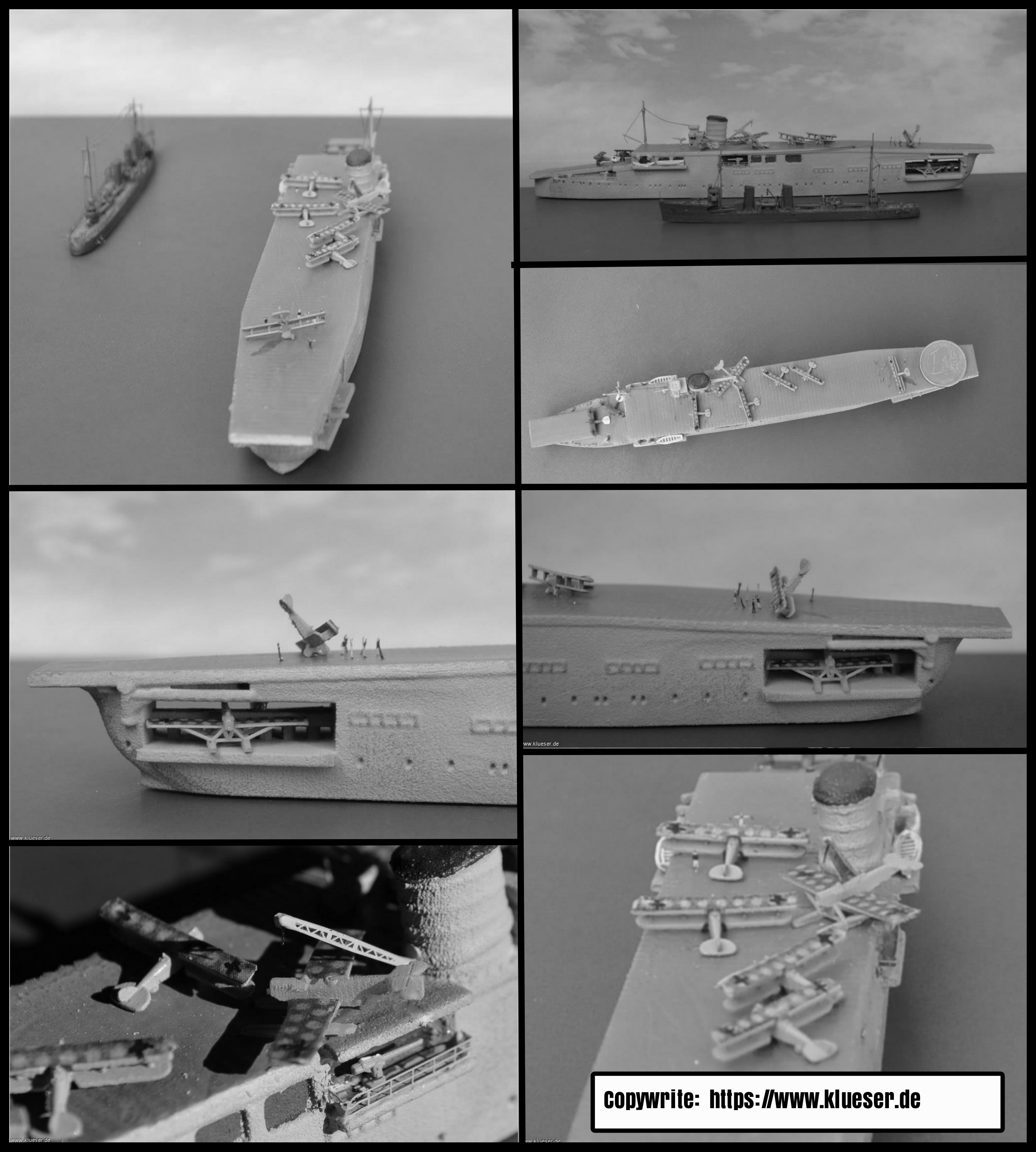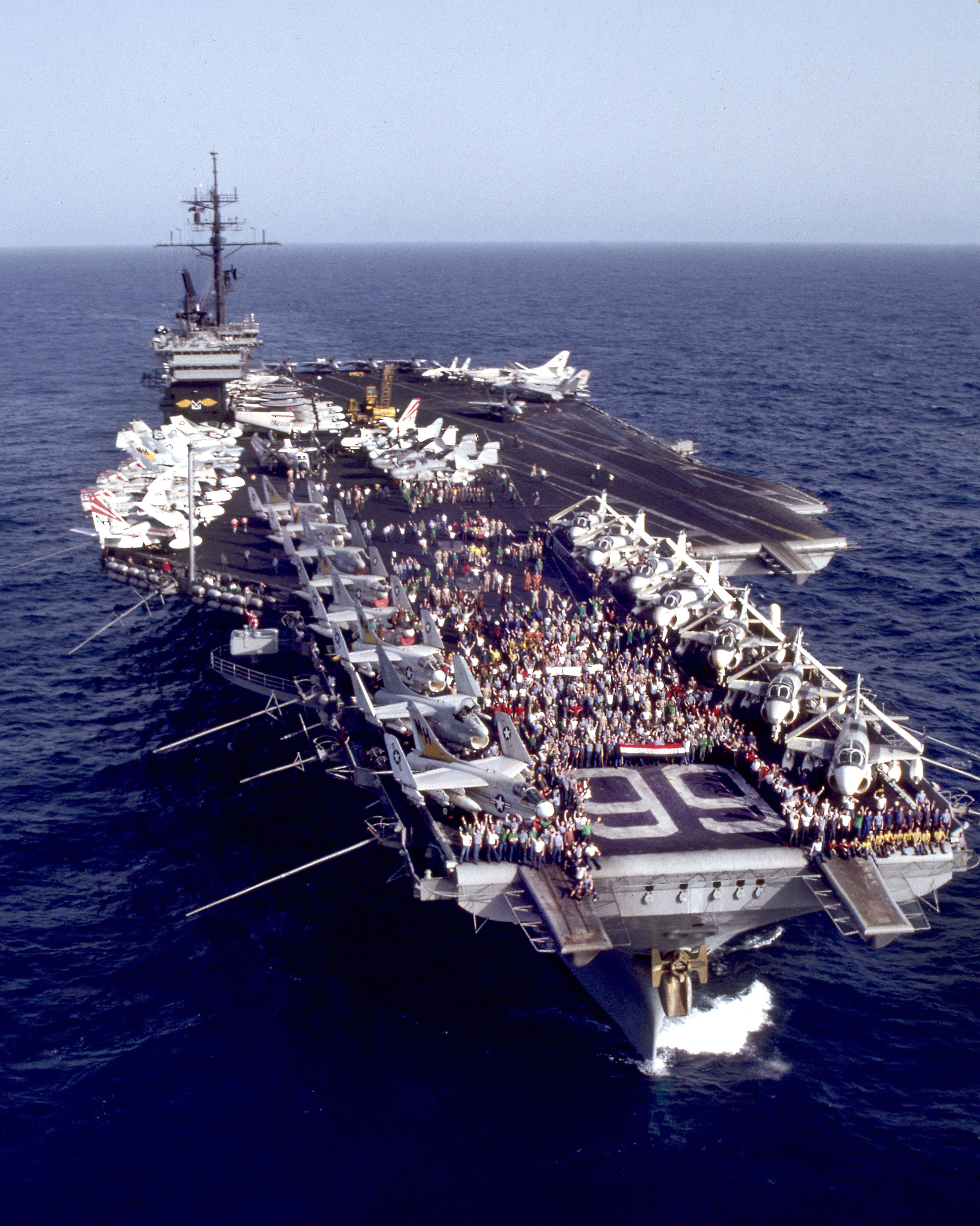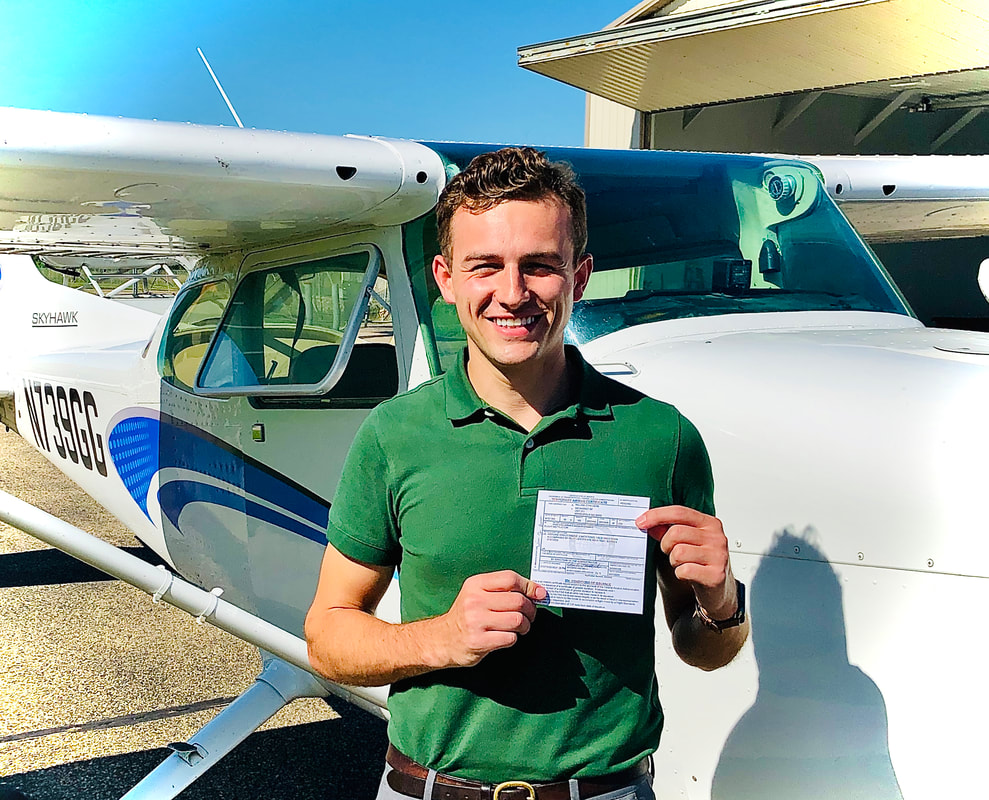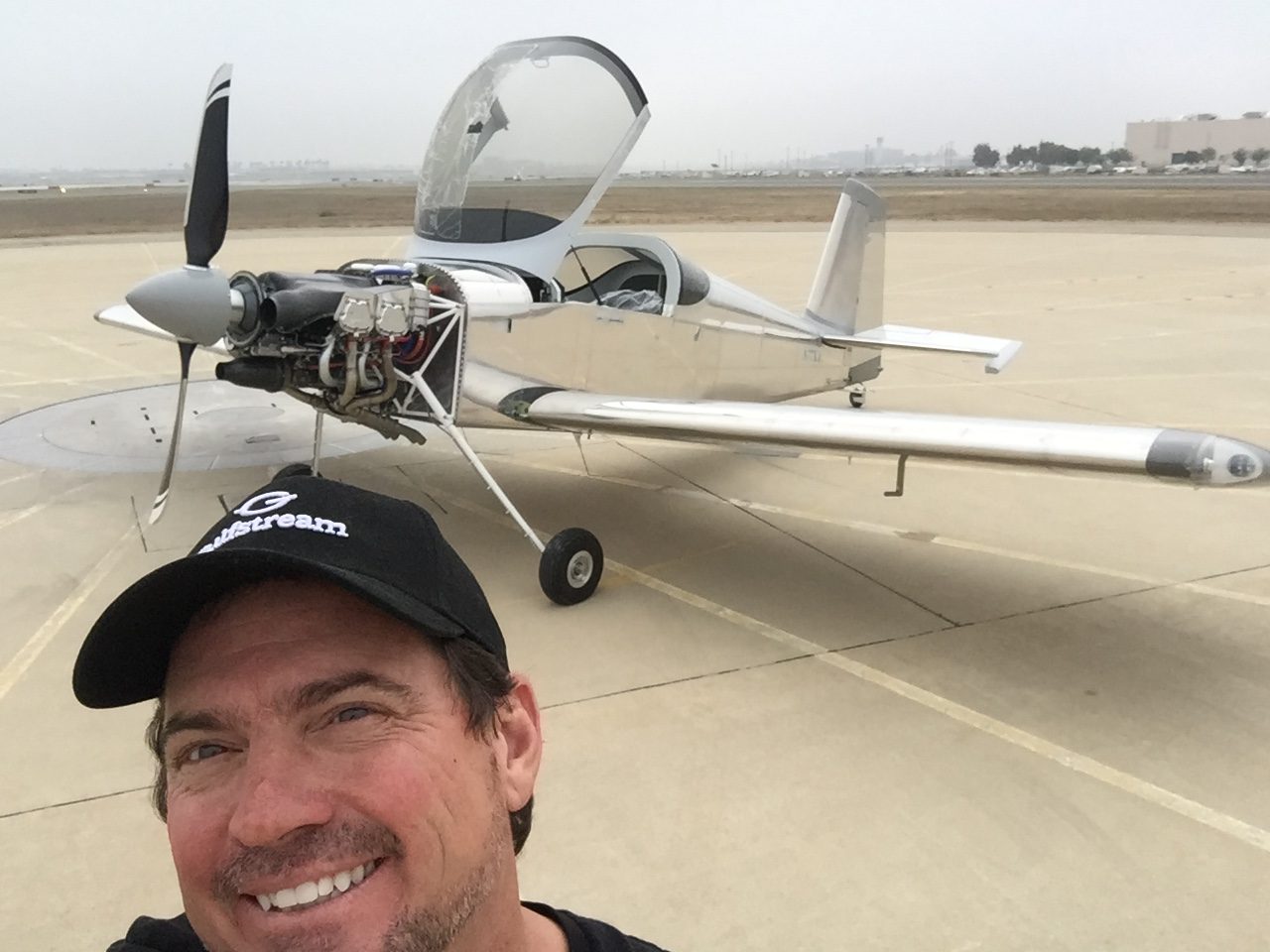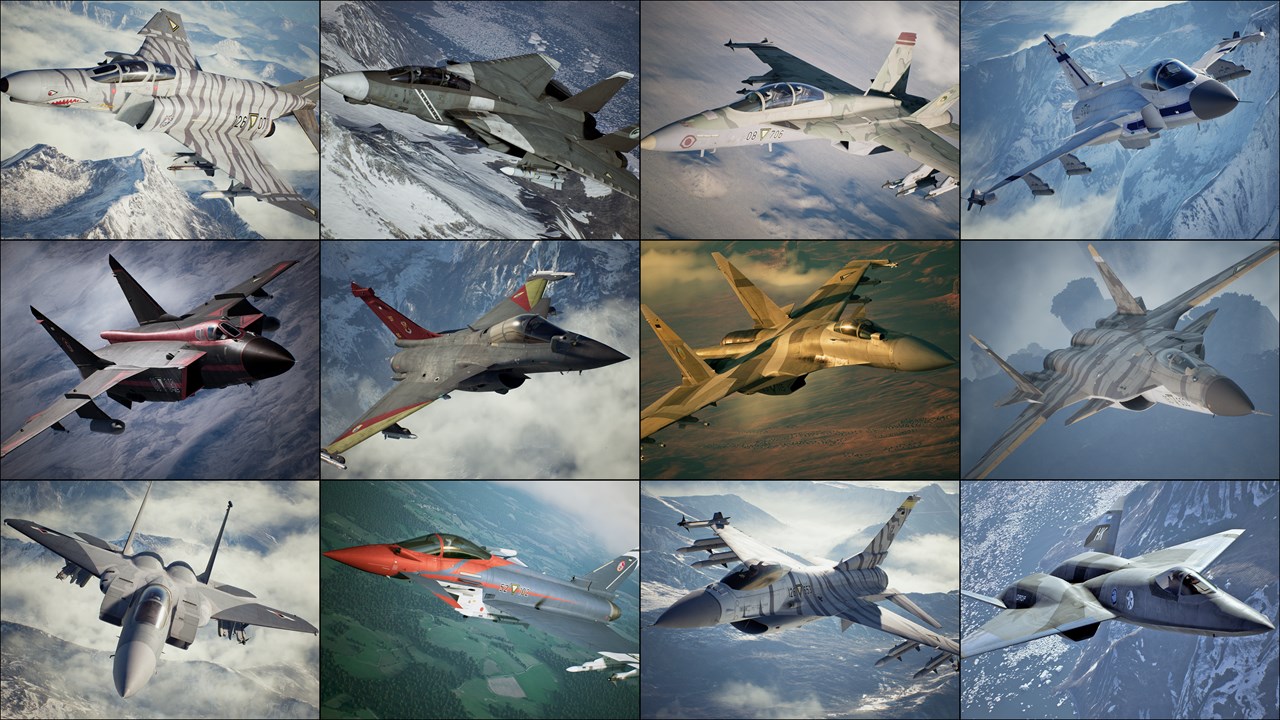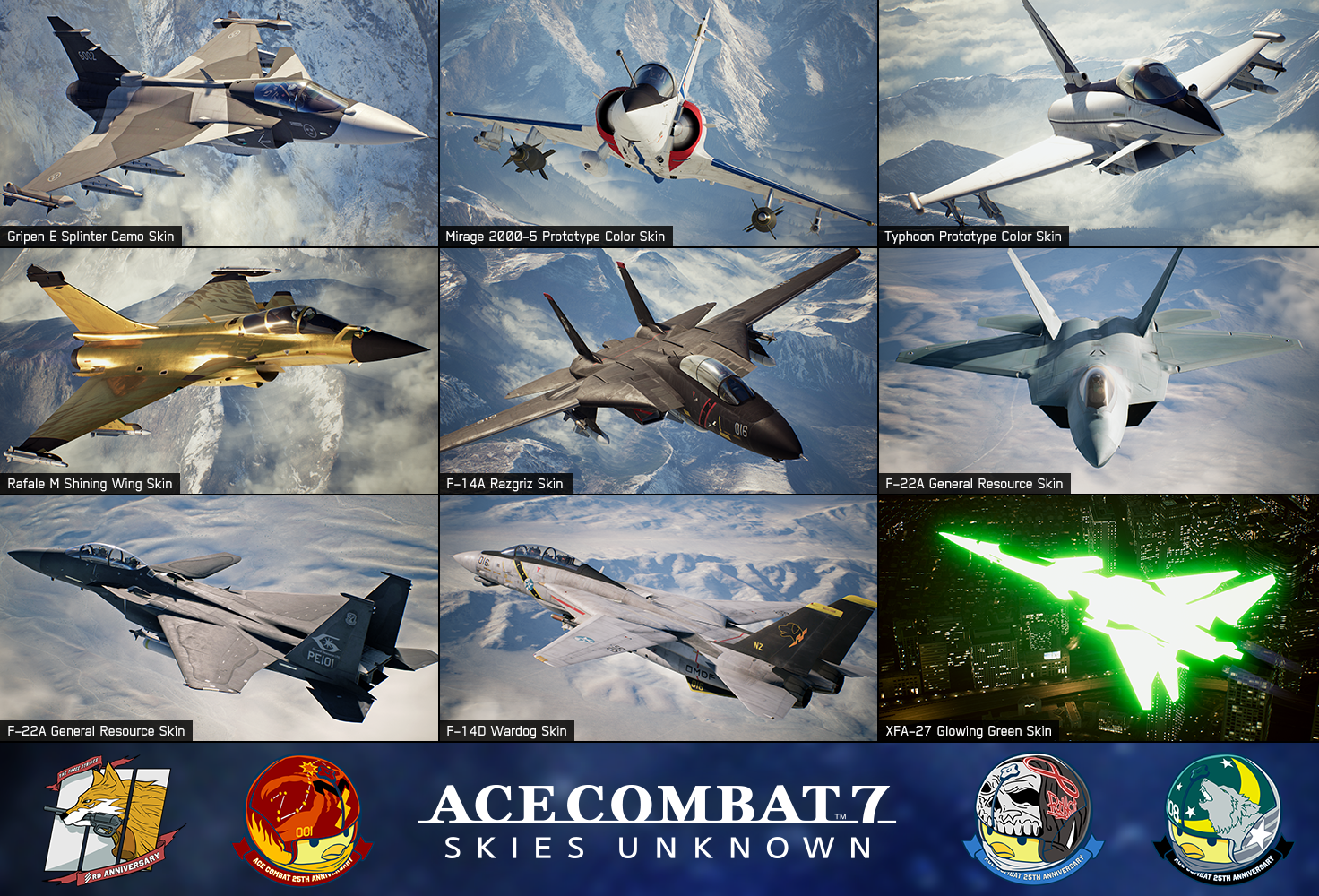Yak Aircraft - The Soviet Union began experimenting with VTOL technology in the 1950s with a bizarre test rig called the Turbolet, which resembled a mashup of a space satellite and a crane conductor's cab. It mounted an RD-9BL turbojet engine, taken from a MiG-19, oriented downwards to provide vertical thrust, while four directional thrusters on the arms were used for maneuvering.
Although it could hover around on its jets like a helicopter, the Turbolet didn't have a proper horizontal-thrust flight mode. The most important differences between the Yak-38 and Sea Harrier aircraft lay in the payload: the Yak-38 had no radar, limiting its potential as a fleet defense fighter.
Yak Aircraft

Its air-to-air armament was confined to small R-60 heat-seeking missiles with a maximum range of five miles, as well as optional twenty-three-millimeter cannon pods. For ground attack, the Yak-38 had just four underwing hardpoints for bombs or unguided rockets, and had a small maximum bomb load between one thousand and two thousand pounds—about one-quarter of what the Harrier could carry.
The Forger could also launch Kh-23 antiship missiles with a range of a few kilometers, but the Forger's pilot would have had a difficult time controlling the manually guided weapons without a back seater. Thus ended the sole combat experience of the Soviet jump jets.
Two decades later, the Royal Air Force and the U.S. Marine Corps both operated Harrier II jump jets in Afghanistan against the Taliban with greater success. From 1991 to 2002, some 21 Yakovlev Yak-3, Yak-7, and Yak-9 aircraft were produced in the former Soviet Union using original plans and even dies.
However, those aircraft were equipped with and powered by American Allison V-1710 or Pratt & Whitney R-1830 Twin Wasp engines. Several of the aircraft remain airworthy while a few are on display in museums. One is now in the collection of the Cavanaugh Flight Museum in Addition, Texas.
As the British demonstrated the capabilities of the P.1127—the ancestor of the Harrier—in 1960, the Soviet Union was spurred to make a proper VTOL airplane, the hideous-looking Yakovlev Yak-36. It had two R-27 turbojets with intakes squashed together in an open nose, with the rear nozzles capable of rotating to provide vectored thrust.
Compressed air thrusters on the tail, on the tips of its undersized wings, and at the end of its unicorn-like nose boom provided directional maneuvering. It took five years of testing to get the Yak-36 to the point where it could transition between vertical liftoff and horizontal flight.
Lacking the range and carrying capacity to serve as a proper combat plane, the Yak-36 was instead a stepping stone to the carrier-borne Yak-38. The Yak-1 was significantly upgraded as the Yak1M, but was redesignated the Yak-3 and it became one of the most feared enemies of Luftwaffe pilots on the Russian Front.

It was first flown on September 30, 1943, and it entered service the following year. The Yak-3 was equipped with a Klimov VK-105PF2 V2 liquid-cooled piston engine rated at 1290hp giving a top speed of 401mph over a combat range of 340-miles.
In addition to the better field of vision, the upgraded jettisonable hood was also less prone to jamming than those of the first model. A sheet of 9mm (1/3-inch) back armored steel also protected the pilot from enemy fire.
Meet Russia's Yak-3 fighter from World War II: During the Second World War, the Yaks proved to be the most important fighter in the Soviet arsenal. Production began on the single-seat aircraft in the 1930s, and the prototype I-26 was first flown in January 1940. Almost expectedly, an emphasis was placed due to the use of cheap materials.
The Yak-3 used an all-metal wing, which could be more easily replaced in the field. The radiator was cooled by air from a long ventral intake, while the 30kg (66 pound) central fuselage fuel tank supplemented two larger wing tanks.
during the war yak 3 were with wooden wings and not metal as said above. The only yak3 with legal wings were yak3 VK107, these were produced in limited numbers (around 40) at the end of the war.
between yak 1 and yak3 we had yak 9 and these were really good fighters, for example Normandie Niemen got their yak3 in summer 1944, before that they used yak9 since the end of 1943. In addition, some Yak-3 aircraft featured historic images and even mythical beasts – but it has been suggested that it may not have been a lack of artistic talents among Soviet pilots, but simply did not have the means or materials to produce the nose
Art. Thus, the Kiev, the first true Soviet aircraft carrier when it was commissioned in 1975, was designated a hybrid cruiser-carrier. The front deck of the Kiev and its sister ships was bristling with antiship and antiair missiles and even torpedo tubes, while the flight deck at the rear housed sixteen Ka-25 antisubmarine helicopters and around twelve Yak-38 jump jets.
The latter had stubby wings with folding tips to facilitate storage. These often used a runway angled on the port side of the Kiev to make short take of runs with added lift from jump jets.
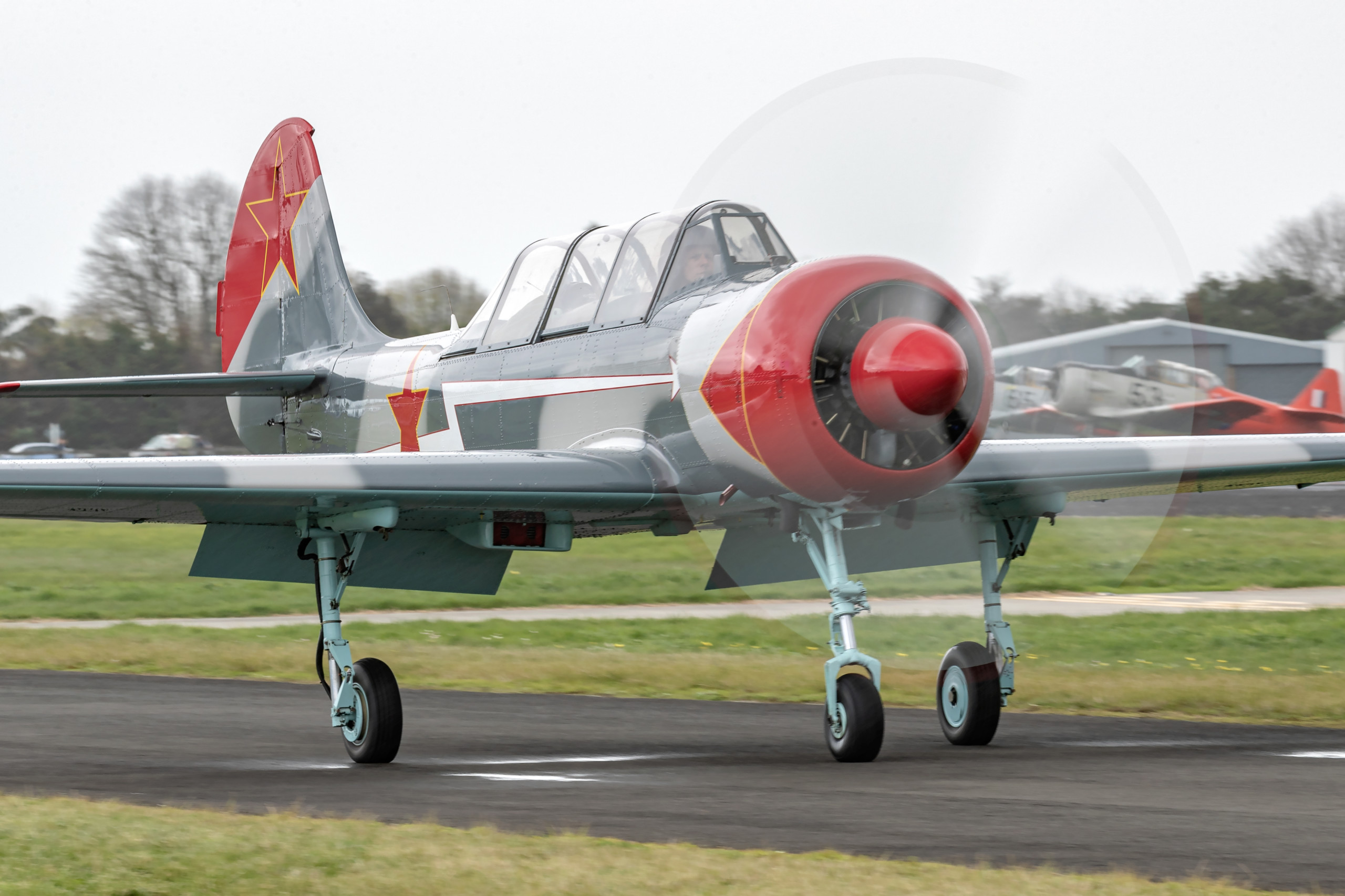
This was preferred over a completely vertical liftoff because it consumed less fuel and permitted a heavier weapons load. The Soviet Navy at the time was tentatively dipping its toe in the water of operating aircraft carriers, starting with Moskva-class helicopter carriers in the 1960s.
It wasn't ready to commit to building the enormous super carriers with long flight decks used by the U.S. Navy. VTOL aircraft seemed to offer a way out. However, it's less remembered that the Soviet Union developed its own jump jets and fielded them on its first aircraft carriers.
It even dispatched a few for combat flights in Afghanistan. Even stranger, the design DNA of the Russian jump jets ended up in the most expensive weapons program in history, the F-35 Joint Strike Fighter. The reasons why it abandoned the troublesome aircraft a quarter century ago point to the problems inherent in VTOL jet technology.
It produces a maximum takeoff thrust of 360 horsepower and drives a two-bladed V-530TA-D35 constant-speed counter-clockwise rotating variable-pitch propeller. The aircraft has an empty weight of 1,015 kg and a maximum takeoff weight of 1,305 kg.
Everyone's heard about the Harrier jump jet. Arnold Schwarzenegger used one to blast terrorists in True Lies. The Royal Navy beat him to the punch when it used a few dozen to score twenty air-to-air kills for zero losses against Argentine fighters in the Falklands War.
The United States Marine Corps, too, has had a lasting affection for Vertical Takeoff Or Landing (VTOL) jets, which can be operated from small amphibious carriers and deployed to forward operating bases. Armament of the Yak-3 comprised a single 20mm (.79-inch)) ShA-20M cannon, which fired through the propeller spinner – which replaced the ShVAK of the earlier Yak-1s – while the aircraft was also equipped with two UBS 12.7
mm (.50 caliber) machine guns located in the upper fuselage. But could have Yak-38 have been used from forward airfields on land, as envisioned for U.S. Marine Corps Harriers? In fact, the Soviet Union tested out the concept when it deployed four Yak-38s for combat missions in Afghanistan in the 1980s, and some sources maintain that it participated in a few air strikes targeting the mujahideen, although details are scant.
In truth, the Forger's limited capabilities were due to it being a transitional airplane, meant to give the Soviet Navy experience in operating carrier-based fighters while it developed a more capable supersonic VTOL fighter, the Yak-41M (codenamed "Freestyle" by NATO
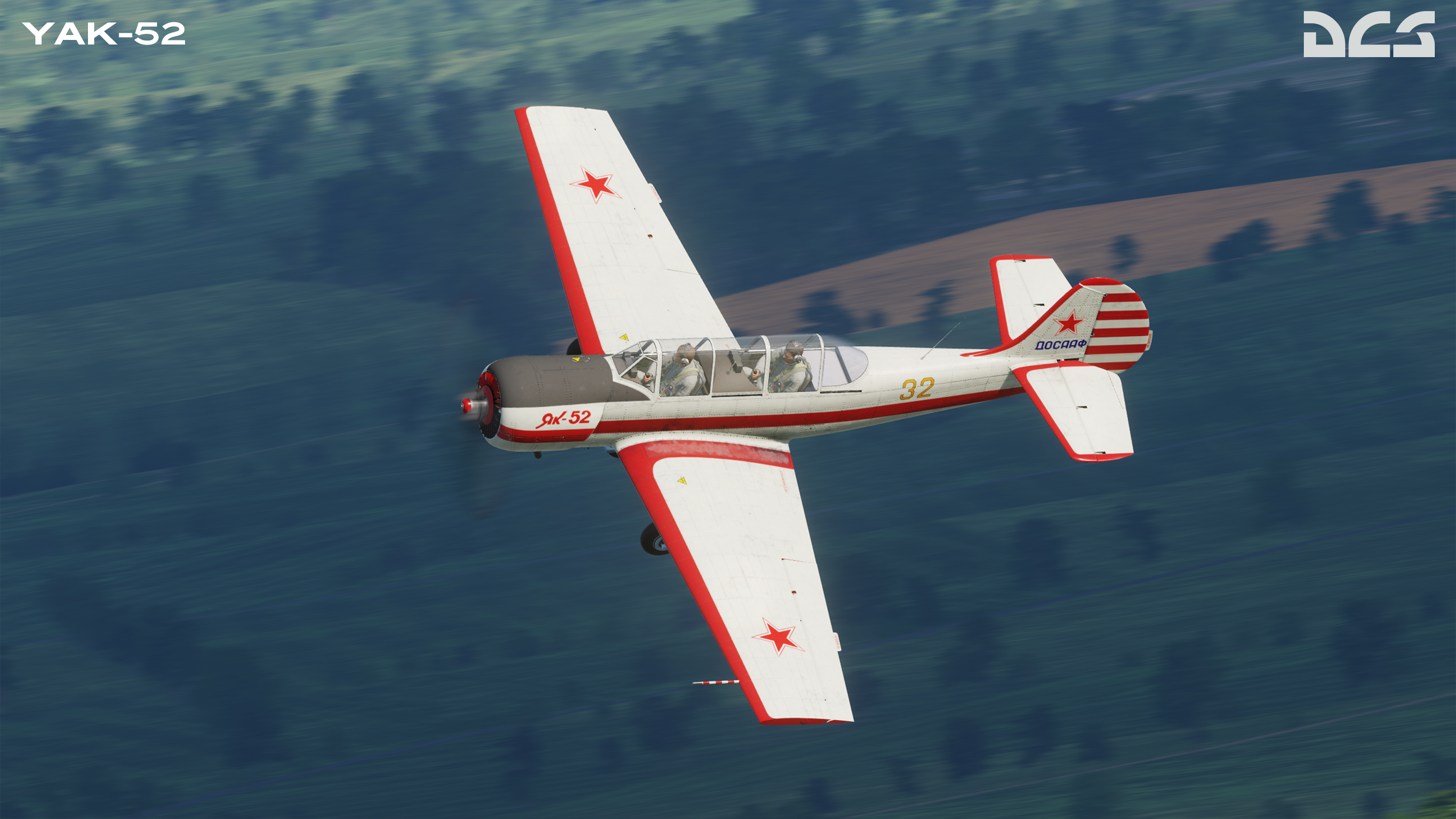
). As the war progressed, the Yak-1 only improved as the Yak-3. It had its rear fuselage cut down and a simple clear-view canopy fitted, which offered its pilots a much-improved field and vision. In addition, the latter version's wing was reduced in size, but with aerodynamic refinements including a new placement of the oil radiator.
Now a Senior Editor for 1945, Peter Suciu is a Michigan-based writer who has contributed to more than four dozen magazines, newspapers and websites. He regularly writes about military hardware, and is the author of several books on military headgear including A Gallery of Military Headdress, which is available on Amazon.com.
Peter is also a Contributing Writer for Forbes. Funding for the Yak-41 also dried up. However, in a bizarre postscript to the Russian jump jet story, Lockheed Martin actually entered into cooperation with Yakovlev in the early 1990s, providing around $400 million to produce non-flyable Yak-141 prototypes for study.
The Yak-141 may have influenced Lockheed's design of the X-35 Joint Strike Fighter, which the Marine Corps insisted must come in a VTOL-capable variant. Today the Marine Corps is operating the F-35Bs with a vectored tail pipe arrangement similar to the Yak-141.
However, critics of the Joint Strike Fighter argue that even the non-VTOL variants have had their flight performance hampered by the design compromises necessary to accommodate the lift jets. While the Yak series of fighters were among the most produced aircraft of the Second World War, only some 5,000 were in the Yak-3 configuration.
Today there is only a single surviving original Yak-3 in the world, and it is in the collection of the Musée de l'Air et de l'Espace at Le Bourget at the Paris Airport-Le Bourget. It had served with the French Regiment 'Normandie-Niemen' of the Soviet Air Force on the Eastern front during the Second World War.
Overall, though, it didn't go well. The Forger's engines had difficulty performing in high temperatures, the heat from the lift jets rapidly damaged takeoff surfaces and kicked up tremendous dust that clogged engine intakes. In the end, the Yak-38 simply lacked the range and weapons load of alternatives such as the Su-25 Frogfoot attack plane.
While the Yak-38 could have used its jump jets for pop-up attacks like a Hind attack helicopter, it would have been just as easy to hit and far less well armored. To be fair, however, a Yak-38 veteran in the documentary clip below argues that these problems could have been overcome with persistence and that the Forger had potential, but Soviet commanders felt otherwise.
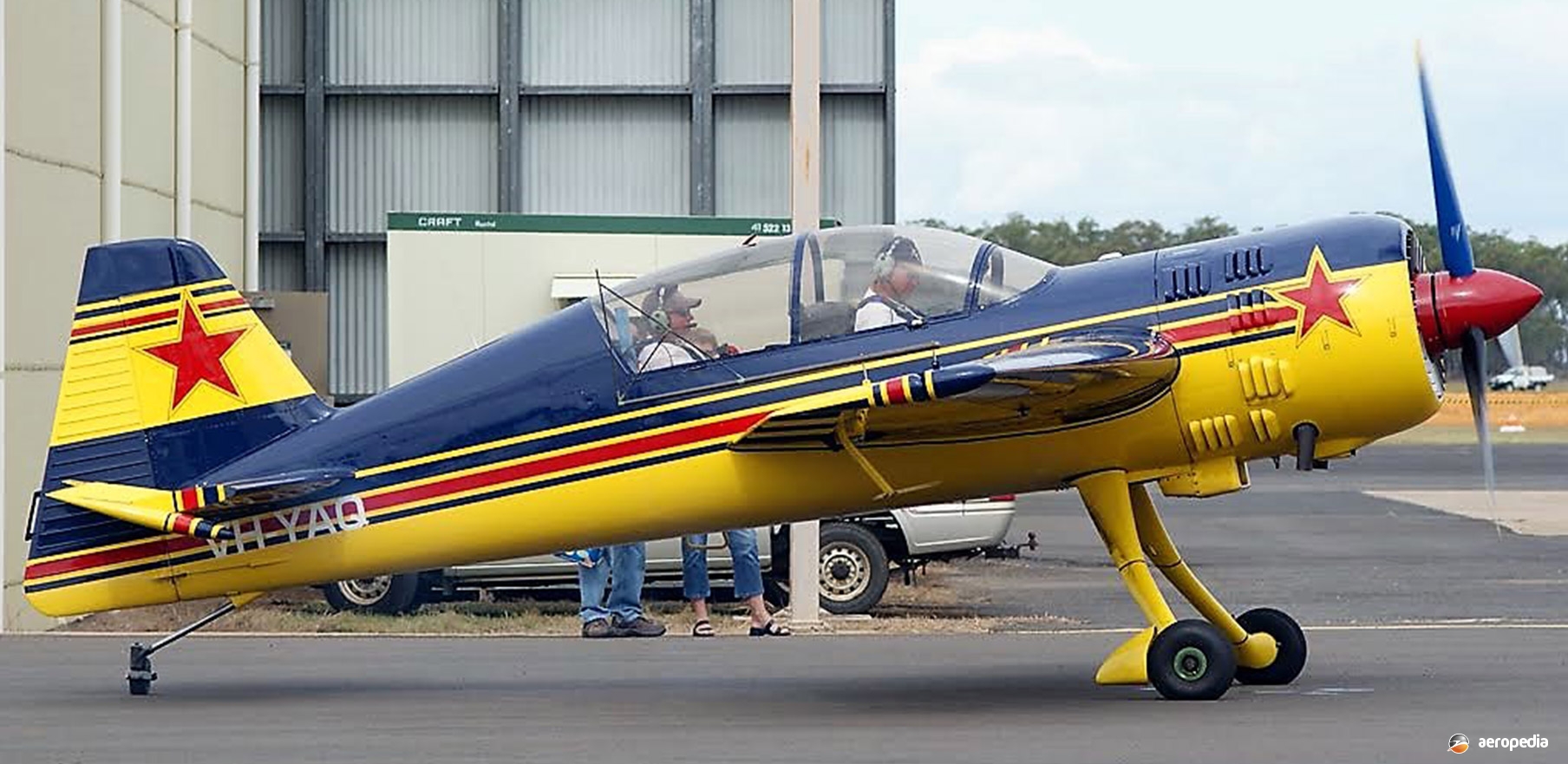
While American bomber crews liked to paint pinup girls and cartoon characters on their aircraft, it was common for Soviet fighters to be adorned with patriotic slogans. Many Soviet planes also honored collective farms whose workers donated money.
The Yakovlev Yak-52 is a two-seat primary trainer aircraft of the Soviet Union which took its first flight in 1976 and was introduced in 1979. The aircraft was built as an aerobatic trainer used by the students of the DOSAAF (Volunteer Society for Cooperation
with the Army, Aviation, and Navy) training organization. For training civilian sports and military pilots. The Yak-52 was produced from 1978 to 1998. The Yak-38, code-named Forger by NATO, actually entered service in 1976, three years earlier than the Sea Harrier.
Like the British plane, it could fly just short of the speed of sound, at around 680 miles per hour. Unlike the Harrier, it had two dedicated lift jets behind the cockpit in addition to a single RD-27 vector thrust engine;
the additional jets resulted in higher fuel consumption, limiting the range to around two hundred miles at best, and less if it performed a vertical takeoff. The Soviet Union produced 231 Yak-38s, including fifty-two upgraded Yak-38Ms in the 1980s with more powerful R-28 engines and more rugged landing gear.
The Yak-52 is an all-metal trainer developed from the single-seat aerobatic Yakovlev Yak-50. In 1976, the Yak-52 conducted its maiden flight and was introduced in 1979. The aircraft was equipped to operate in unpaved runways and rough conditions.
It is also designed with a substantial pneumatic system. The retractable tricycle landing gear has a wheelbase of 1.9 meters, while the wingspan and the wing area are 9.5 meters and 15 square meters, respectively. It is a two-seat trainer aircraft powered by a single Vedeneyev M-14P radial engine.
The engine is a Russian nine-cylinder, four-stroke, air-cooled radial with centrifugal, single-stage, single-speed supercharger, floatless carburetor fuel system, gear-type pump oil system, and left-hand tractor reduction gear. The first of the modern Yak fighters, the Yak-1 came into service just in time to meet the German invasion in June 1941. Agile and fast, the Yak was the best of the new Soviet fighters, and with a skilled pilot it was more
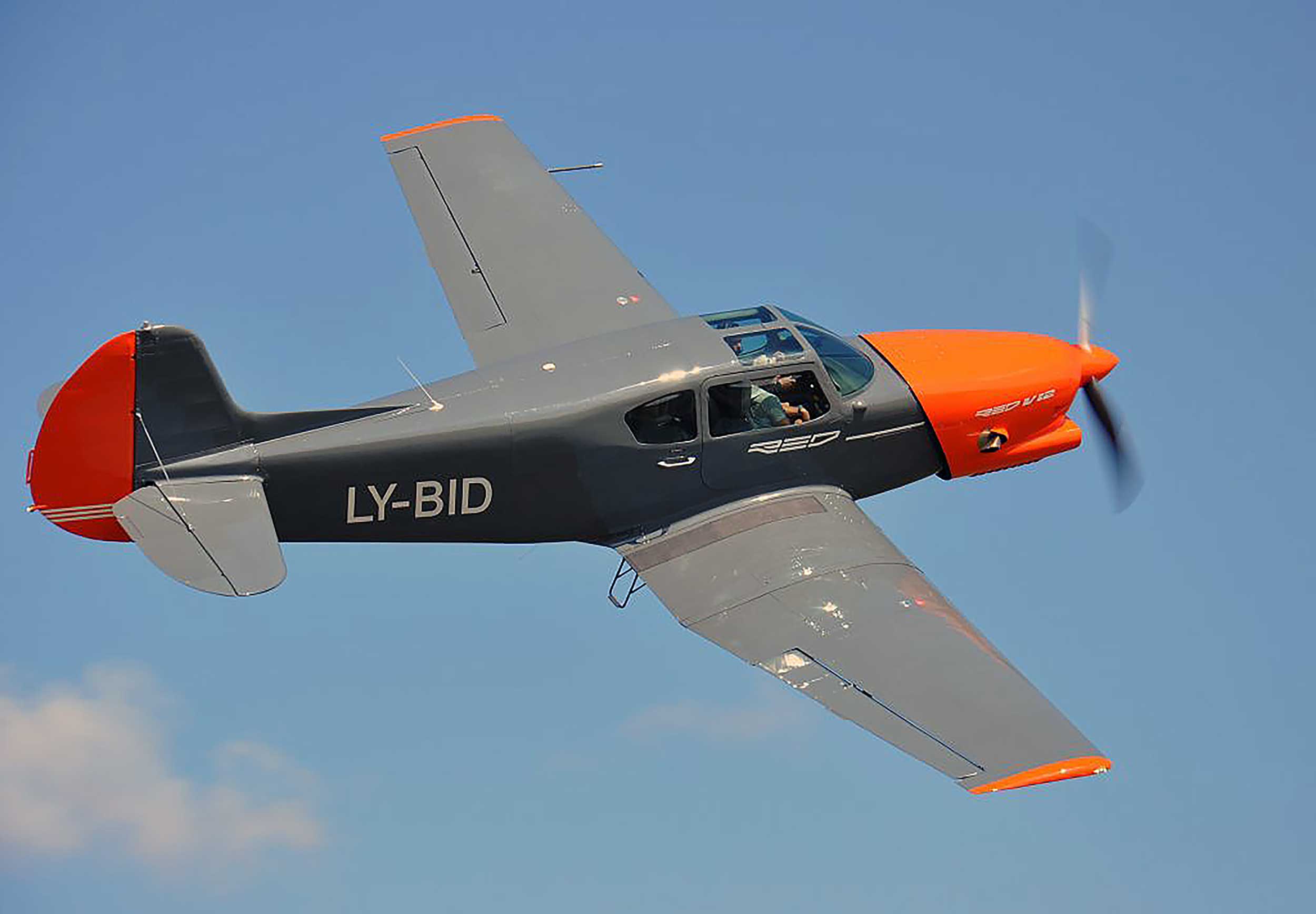
than able to equal the German's Bf 109 or Fw 190 in a dogfight. In addition, the Soviet fighter proved useful as a ground-attack aircraft. Another improvement to the Yak-3 was the addition of an elevator mass balance to lighten control forces.
The rear fuselage skin was actually just 3mm (1/8-inch) plywood. A notable feature of the Yak-3 was that the tailwheel retracted unlike that of the early Yak-1s. Expert Biography: A Senior Editor for 1945, Peter Suciu is a Michigan-based writer who has contributed to more than four dozen magazines, newspapers, and websites with over 3,000 published pieces over a twenty-year career in journalism.
He regularly writes about military hardware, firearms history, cybersecurity, and international affairs. Peter is also a Contributing Writer for Forbes. You can follow him on Twitter: @PeterSuciu. However, as the Soviet Navy became the Russian Navy in 1991, it lost interest in VTOL aircraft in favor of conventional fighters that could operate from the newer Kuznetsov-class carrier.
Even more importantly, Russia was broke. The Yak-36s were all retired in 1991—a third of them had already been lost in accidents!—one of the Kiev-class carriers was scrapped, and the remaining three were sold. The Kiev and Minsk now serve as a hotel and theme park in China, while the Admiral Gorshkov has become the Indian Navy's only active aircraft carrier, INS Vikramaditya.
While the Kuznetsov, with its ski-jump-style flight deck, suffers from numerous shortcomings, the MiG-29K and Su-33 strike planes it carries are far more capable than the Yak-38. It didn't help that jump jets are even more complicated, and more accident prone than regular fighters.
By the end of the Kiev's first cruise with Yak-38s on board, only one of the six aircraft embarked was operational. The temperamental Forger was unpopular with pilots, too. The Yak-38's designers had observed that if one lift jet broke down, the other would spin the aircraft over on its side.
To protect the pilot, an automatic ejection system was designed to detect sharp changes in pitch and immediately eject the pilot at an angle away from the carrier's forecastle. Predictably, this well-intentioned safety measure was triggered unnecessarily on many occasions, causing a loss of the airplane and the pilot's career prospects.
The maximum payload is 290 kg and the fuel tank capacity is 32 US gallons. It has a takeoff distance of 181 meters and a landing distance of 297 meters. The Yak-52 has a maximum speed of 154 knots at sea level and a cruise speed of 100 knots at 3,300 feet.
The stall speed is 46 to 49 knots with flaps down and engine idling and the never exceeding speed is 190 knots. It has a travel range of 300 nautical miles at 1,600 feet. The aircraft has a service ceiling of 13,000 feet and a rate of climb of 985 feet per minute.
yak 55 aircraft for sale, yak 9 for sale, russian yak aircraft, yak airplane, yak aircraft list, yak 110 plane, yak aircraft for sale, russian yak fighter

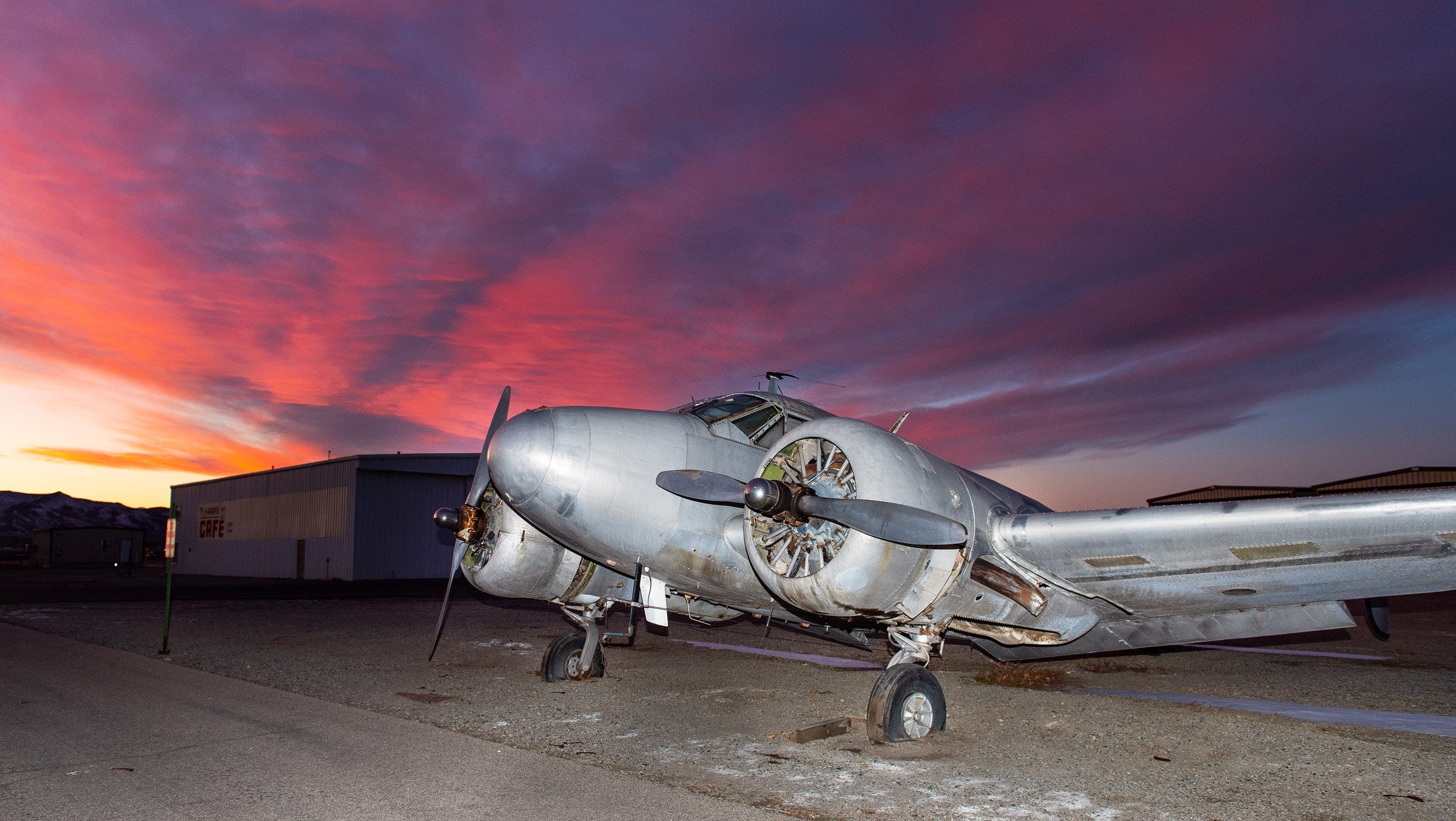

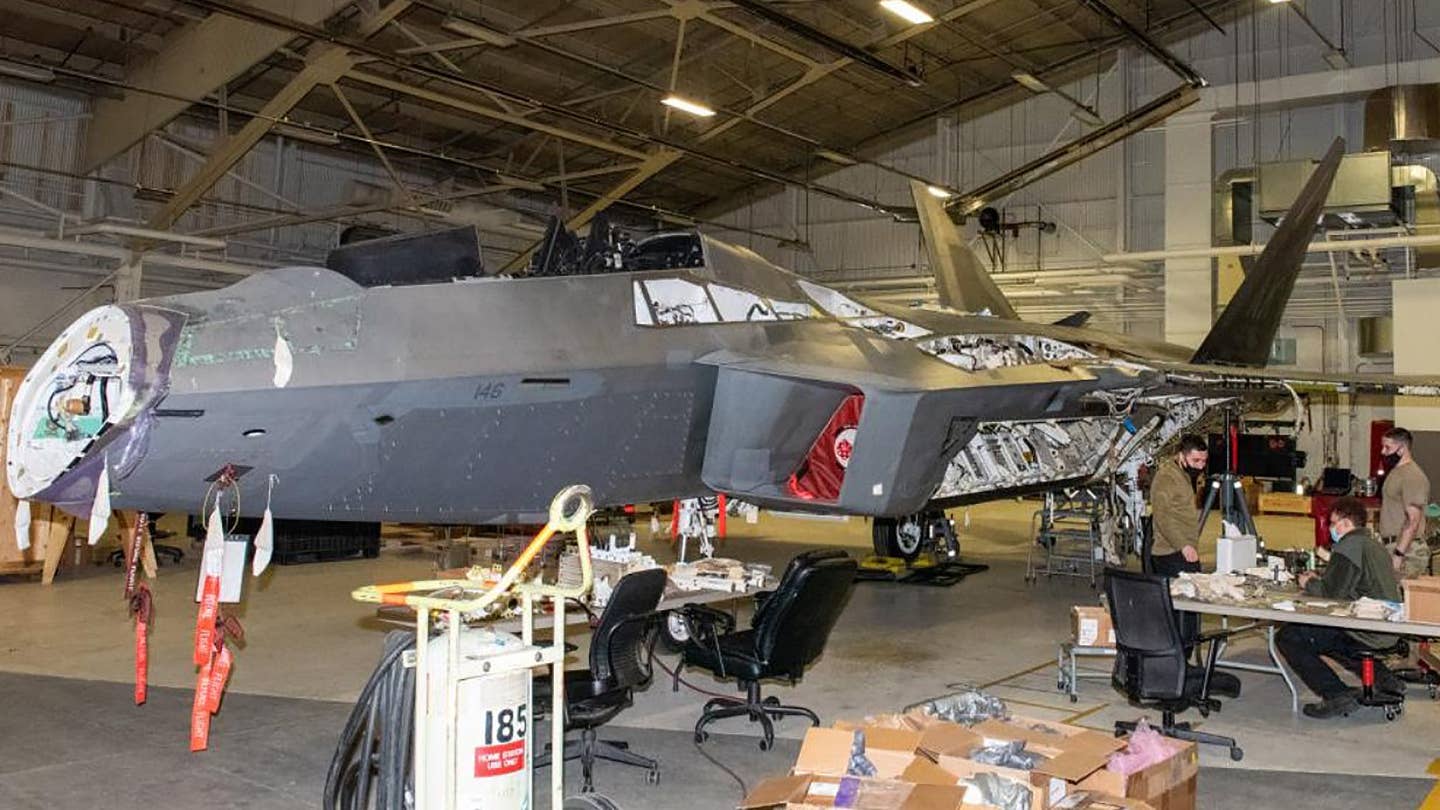

:max_bytes(150000):strip_icc()/structural_mechanic-56a9b2365f9b58b7d0fe27d5.jpg)


![A 96Th Aircraft Maintenance Squadron Red Team Prepares To Move An Aim-120 Toward Their F-15, April 29 At Eglin Air Force Base, Fla. [2048 X 1714] : R/Militaryporn](https://preview.redd.it/a-96th-aircraft-maintenance-squadron-red-team-prepares-to-v0-7m26z0v5z7x81.jpg?auto=webp&s=52e38d1367574a1a47b3cd420fa85b7e50ed334e)









